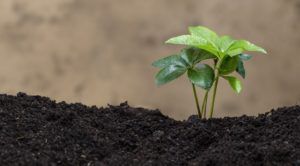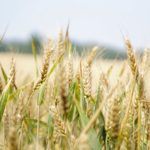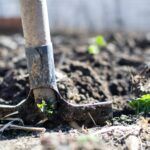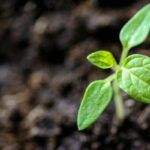EU-funded researchers have developed a novel technology makes the irrigation of cereal crops become more efficient and environmentally friendly.
Population growth and climate change are putting growing pressure on water resources, requiring agriculture to become more productive, efficient and environmentally friendly. As water grows scarcer the threat of drought increases along with higher levels of soil salinisation. There is now an urgent need for agriculture to become more productive, efficient and environmentally-friendly, and technological solutions have the potential to manage the challenges of today and tomorrow. A crucial part of this are efficient mechanised irrigation systems designed to control the use of water and ease water stress.
The EU-funded AQUA4D project developed an innovative patented technology that treats irrigation water before it is applied to crops. The basic principle is changing the structure of the water through the subtle introduction of low-frequency signals. The calibration of specific frequencies and intensities re-organises water clusters and breaks them into smaller structures, leading to a variety of positive knock-on effects.
An environmentally friendly technology
This technology has demonstrated its far-reaching advantages in the fruit and horticulture sector and is now being applied to cereal crops. To achieve this, the project ingeniously adapted the current modular system to cope with the higher flow rates of water needed for sprinkler irrigation systems. “The innovation of the AQUA-4D high flow rate system (AQUA4D-HR) is that it is the first electromagnetic water treatment system designed for flow rates of up to 50 litres a second required for pivot irrigation systems used in large crops,” says project coordinator Eric Valette.
The system is environmentally friendly and completely sustainable as there are no magnets, no filters to change, no chemicals used, and no maintenance. In addition, AQUA-4D requires minimal power and works with any type of water, whatever its chemical composition or hardness.
Moreover, the effect is obtained irrespective of the type of pipe or materials used, be it steel, copper or synthetic. In addition, by dissolving minerals and other organic material in the water, the plant is better able to absorb what it needs, resulting in increased yields of up to 20 % or more plus enhanced size and quality.
Higher yields and return on investment
The project designed a strategic commercialisation plan for AQUA4D-HR to identify business opportunities and interesting target markets and target countries for AQUA4D-HR commercialisation during the first five years. “We designed a plan for the involvement of end-users and partners, together with a dissemination and communication plan,” explains Valette. Researchers identified the regulations and certifications for AQUA4D-HR that must be achieved during the project’s second phase.
AQUA-4D is a simple, environmentally-friendly water treatment system, with low operating costs and return on investment in less than three years. “It enables significant water savings, solves salinity problems, and prevents biofilm and mineral clogging in irrigation systems while improving yields and production quality. What’s more, because plants can optimise their performance, less water and less fertiliser need to be applied,” Valette points out.
More information
Access the full news
More information on the Environment Section






Leave a Reply